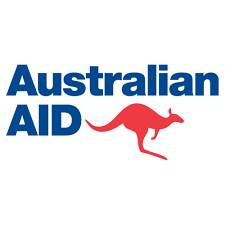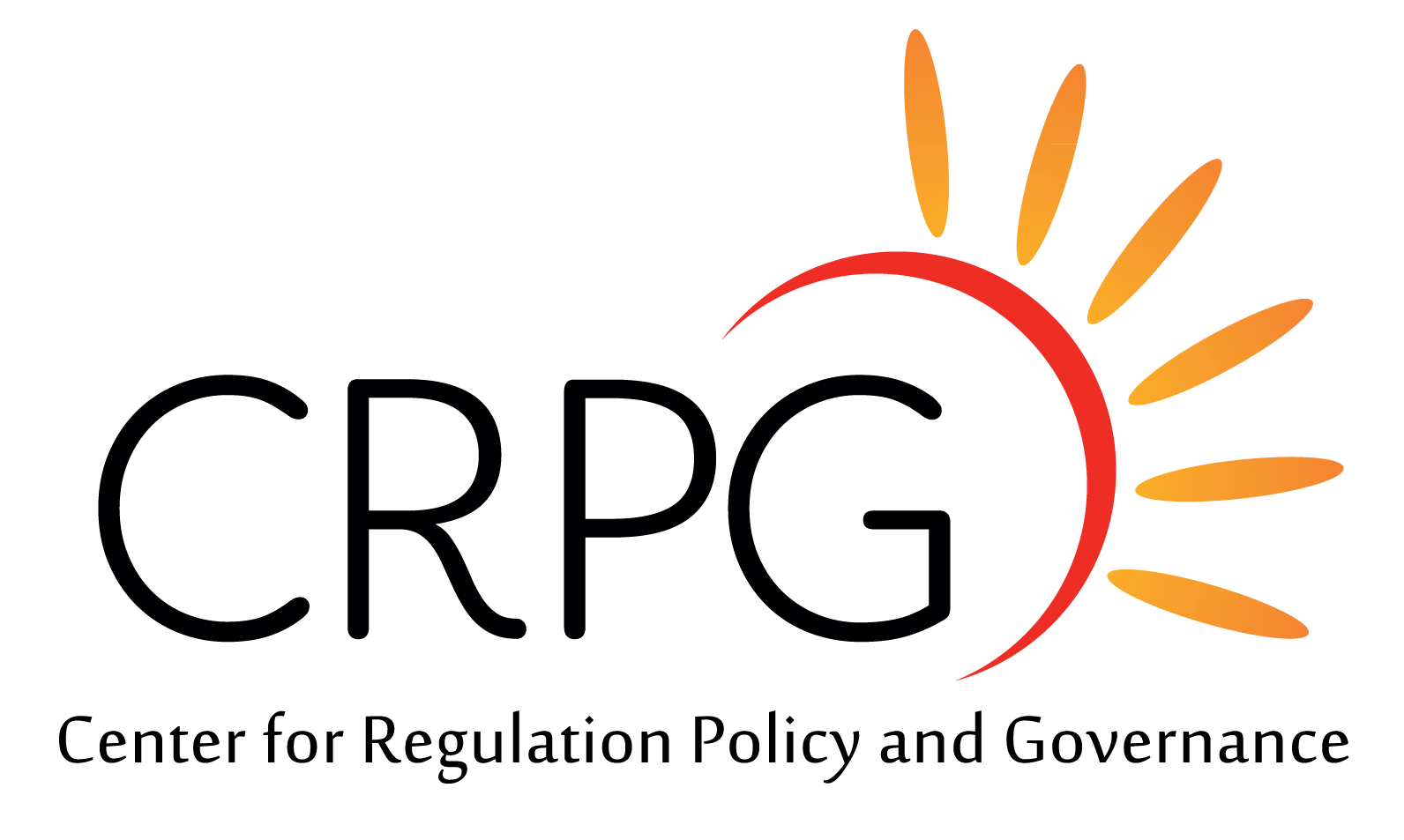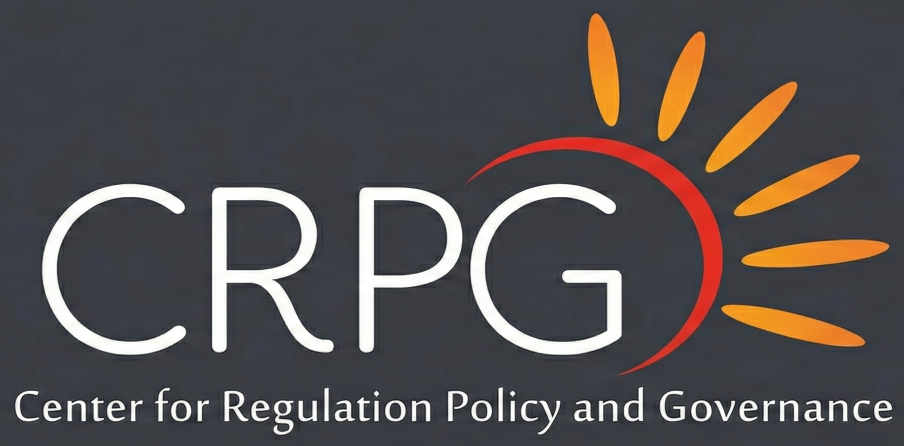AIIRA
Australia Indonesia Infrastructure Research Award Research Outputs
The Role of Regulatory Frameworks in Ensuring the Sustainability of Community Based Water and Sanitation
The Center for Regulation, Policy and Governance (CRPG) in cooperation with the UNESCO Centre for Water Law, Policy and Science, University of Dundee, was awarded the Australia Indonesia Infrastructure Research Project (AIIRA), administered by the Indonesia Infrastructure Initiative (INDII).
The Research Project, "The Role of Regulatory Frameworks in Ensuring The Sustainability of Community-Based Water and Sanitation" assesses national legislation, policies, regional by laws as well as other regulatory frameworks related to community based water and sanitation. The research project undertakes two field studies, one in East Nusa Tenggara (Maukaro and Pulau Ende -- as well as interviews at the City of Ende and Kupang) and East Java (Lamongan -- and interviews in Surabaya). Project Outputs and Related Materials can be downloaded in the following links.
AIIRA Full Report
"The Role of Regulatory Frameworks in Ensuring the Sustainability of Community Based Water and Sanitation" [PDF]
Concise Report/Summary
- Bahasa Indonesia (Download Link)
- English (Download Link)
Presentations and Workshops
AIIRA Conference Presentation, Jakarta, July 07, 2016 (Powerpoint ; PDF)
Novotel Workshop, Bogor, February 8th, 2015:
- Mohamad Mova AlÁfghani, The Role of Regulatory Frameworks in Ensuring the Sustainability of Community-Based Water and Sanitation in Indonesia, Presentation 2: Analytical Framework and Report Outline (Download Link)
- Mohamad Mova AlÁfghani, The Role of Regulatory Frameworks in Ensuring the Sustainability of Community-Based Water and Sanitation in Indonesia, Presentation 1 (Introduction) (Download Link)
- Dyah Paramita, Community-Based Water and Sanitation in Indonesia: "Legal Forms", Ownership & Regulatory Framework for Financing (Download Link)
- Jibriel Avessina, Managing Organizational Culture on Community Based Water Service in Indonesia: A Comparative Field Study on East Java and East Nusa Tenggara (Download Link)
- Indrawan Prabaharyaka, Sustainability Indicators for Community-Based Water Supply Organizations in Rural Area; Case Study: BPSPAM Demak & HIPPAM Lamongan (Download Link)
- Bambang Suryokusumo, Pro Air, Rural Water Supply and Sanitation Project Nusa Tenggara Timur, Indonesia KfW Project No.: 2001 65 134 (Download Link)
Focus Group Discussions
- Local FGD, Lamongan, January 26, 2015, Aspek Regulasi dan Keberlanjutan AMPL Berbasis Masyarakat (Bahasa Indonesia only, Download Link)
- Local FGD, Kupang, November 20, 2014, Aspek Regulasi dan Keberlanjutan AMPL Berbasis Masyarakat (Bahasa Indonesia, Download Link)
- Mohamad Mova AlÁfghani, Rekomendasi Kerangka Regulasi AMPL Berbasis Masyarakat, 2nd National FGD, Jejaring AMPL AIIRA Workshop, Hotel Akmani, Jakarta, March 26, 2015 (Mind Map, Bahasa Indonesia, Download Link)
Related Blog Posts:
- "Opportunities and Challenges in Integrating Community-Based Water Services into the Legal Framework". 2013 draft paper on the regulation of community based watsan in Indonesia. Read more.
- "Ringkasan analisa pengaruh adat dalam proyek infrastruktur air"(in Bahasa Indonesia). The article summarizes our research on the influence of Adat (local custom) in community based water projects in East Nusa Tenggara province. Read more.
- "From the field: HIPPAMS Tirto Agung". A summary of our visit to one of the successful Community Based Organization in East Java. Read more.
- "The relationship between community based water services and regional water utility". Our research explores the conflict and (potential) cooperation between community based water provision versus provisions by regional water utilities (Perusahaan Daerah Air Minum or PDAM). Read more.
- "From the field: Water CBO Year End Report". This post features how a village-level water CBO, HIPPAMS Tirto Agung (see no.3 above) present its year-end report. The administrative system is quite advanced for a village level CBO. Not all CBO is this advanced, however. Read more.
- "Regional autonomy principles restrict provinces in developing community based water and sanitation (?)" In this article, we analyzed that regional autonomy implemented in Indonesia may have impeded the development and sustainability of community-based water and sanitation. Read more.
Project Partners
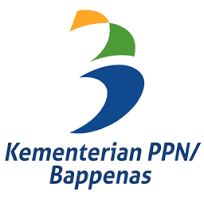

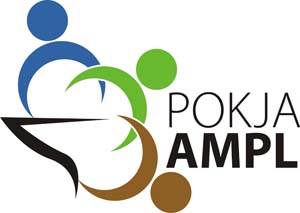
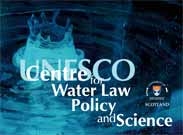
Supported By:
